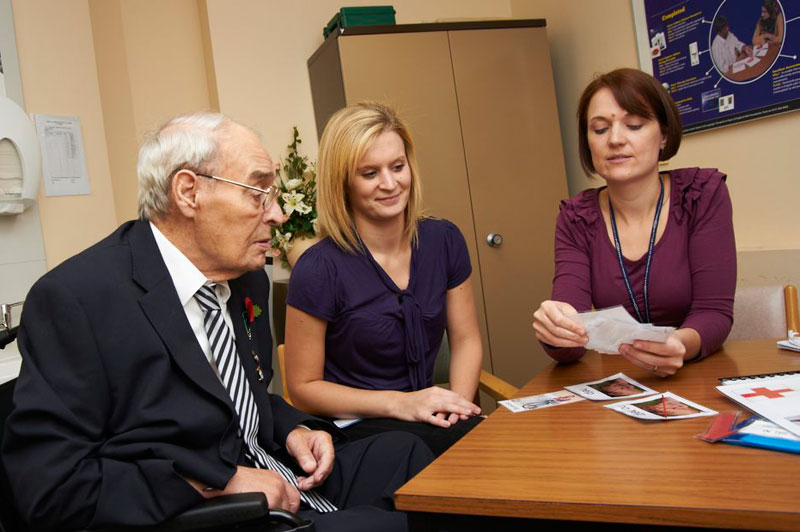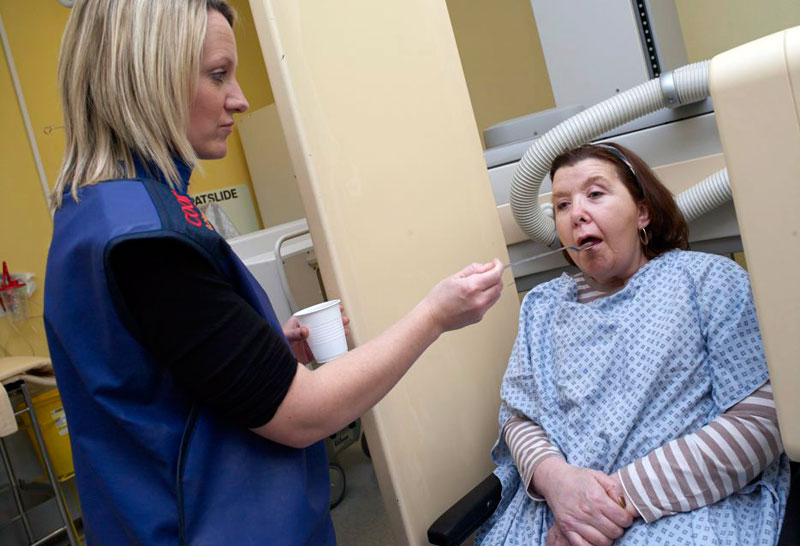Once a patient is well enough to be referred to the relevant Occupational Therapist (OT) on their particular ward, the OT will begin talks with them about getting back home from hospital – often called ‘Discharge Planning’. It is important to start discharge planning as early as possible, as the longer a person stays in hospital the more it can adversely affect their mood. People can quickly become distressed or depressed and the bigger the risk of developing increased confusion for someone who already gets confused easily i.e. people with Dementia type illnesses, or Alzheimer’s disease.
It may be that the condition they came into hospital with has been treated and has resolved or it may be that, despite medical intervention they still have significant health problems and are as well as can ever be expected, sadly, for some patients they may have received a diagnosis that means they are at the end of their life with no further medical treatment possible.
Whatever the scenario as OT’s we assist patients in returning home from hospital, as safely as possible, to ensure that once they are home this is where they remain for as long as they are able to.
As many people will be returning home with either temporary or permanent illnesses/disabilities, our aim is to enable them to achieve an independent, productive and satisfying quality of life as much as is possible, whilst recovering from, or adapting to living with long-term illnesses/disabilities.
In order to do this there is a process of assessment and intervention that we follow, as well as working closely and collaboratively with other members of the multi-disciplinary team.
Occupational Therapists particularly work in close collaboration with physiotherapists and joint assessment/treatment sessions may be done with both an OT and Physiotherapist to maximise the rehabilitation of that individual.














